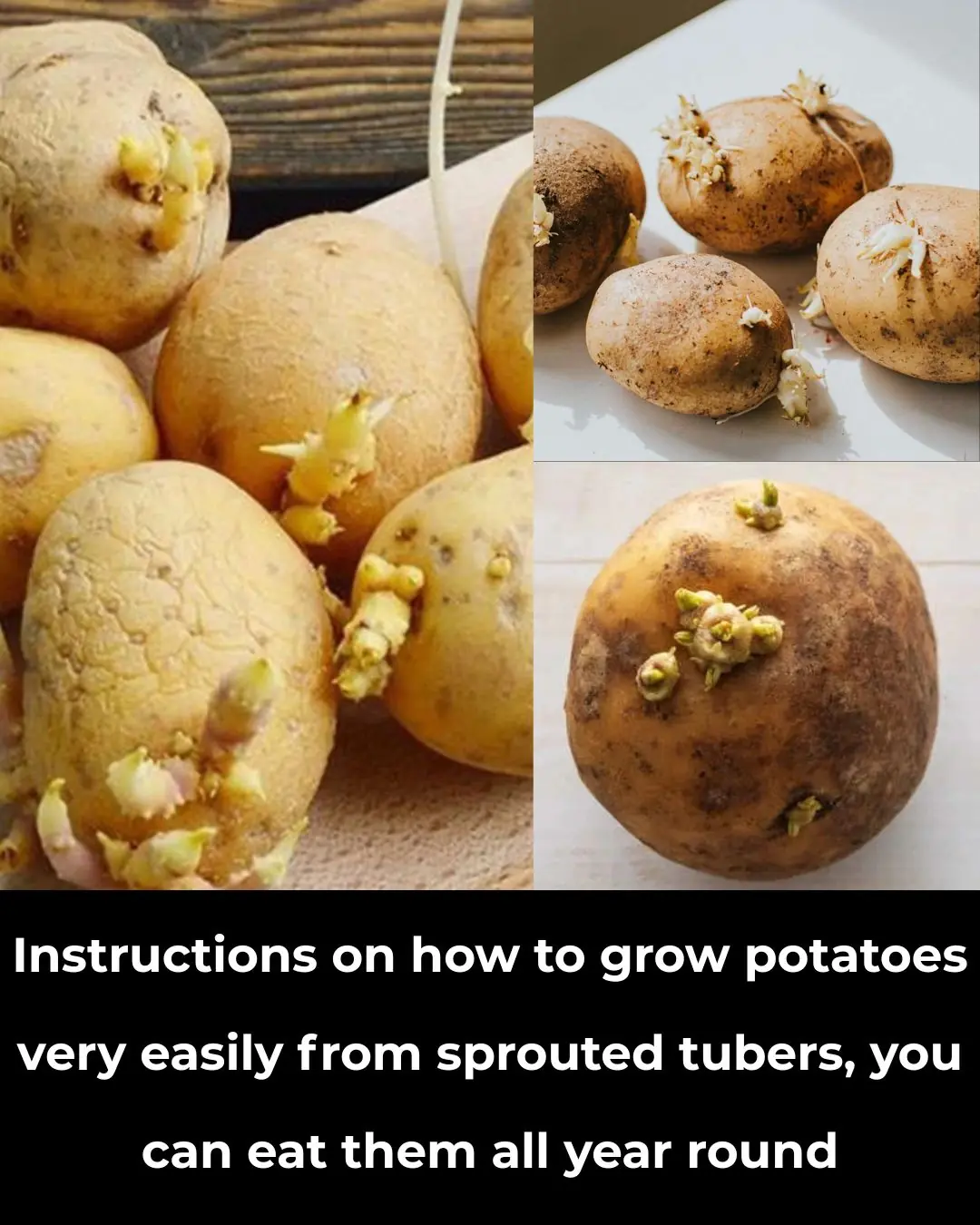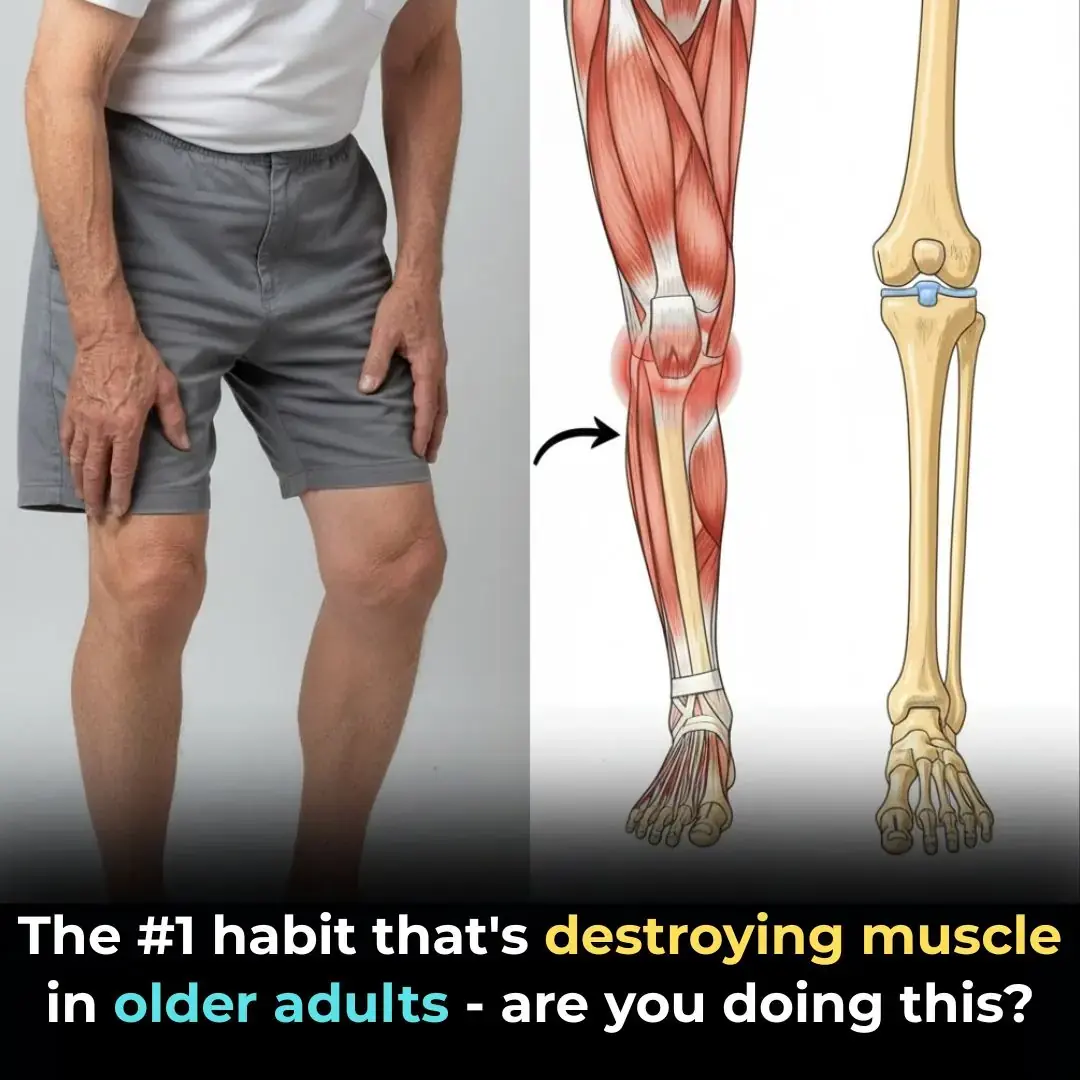
Early Signs of Liver Damage You Shouldn't Ignore
The liver, one of the largest and most important organs in your body, is located in the upper right part of your abdomen beneath the ribs. It plays a crucial role in many vital bodily functions, including digestion, detoxification, hormone regulation, and protein synthesis. Given its importance, it's essential to keep your liver in good health and to be aware of early signs of liver damage. The liver is resilient and can regenerate damaged cells, but if enough cells are lost, liver function can deteriorate.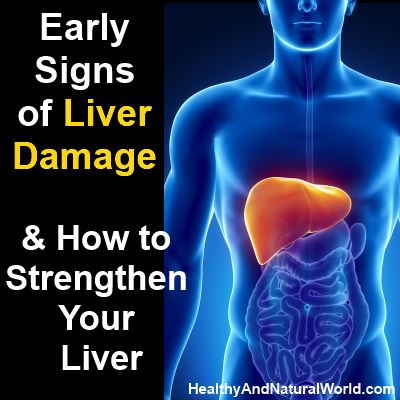
Here, we will explore common causes of liver damage, early warning signs, and ways to strengthen and protect your liver.
The Liver’s Essential Functions
Your liver performs several critical tasks, including:
-
Producing bile necessary for the digestion of fats
-
Detoxifying harmful substances from the body, including metabolic waste
-
Regulating hormones
-
Building proteins essential for bodily functions
-
Producing biochemicals crucial for digestion
The liver processes everything we eat before distributing nutrients and energy throughout the body. Because it plays such a significant role in maintaining overall health, liver function directly affects your well-being. When liver function deteriorates, it can have widespread effects on your health.
Causes of Liver Damage
Liver problems typically develop gradually over time, often caused by:
-
Chronic alcohol consumption – the most common cause of liver damage
-
Viral infections, such as hepatitis
-
Malnutrition or a poor diet
-
Medications, particularly overuse of prescription drugs or certain herbal supplements
-
Exposure to toxic chemicals
-
Inherited disorders, including problems with iron and copper metabolism
-
Obesity leading to fatty liver disease
-
Diabetes, which increases the risk of liver complications
-
Smoking, which not only increases the risk of lung cancer but also liver cancer
-
Chemotherapy drugs, which can damage liver cells
-
Excessive intake of vitamin A can also lead to liver toxicity
Symptoms of Liver Damage
Liver damage can manifest through various symptoms, including:
-
Abdominal pain – especially in the upper right area, where the liver is located
-
Fatigue and confusion – extreme tiredness or mental disorientation may indicate liver dysfunction
-
Changes in bowel movements – constipation, diarrhea, or blood in the stool may suggest liver problems
-
Itchy skin – a common symptom of liver damage due to the build-up of bile salts
-
Jaundice (yellowing of the skin and eyes) – caused by a build-up of bilirubin when the liver is unable to eliminate it
-
Dark yellow urine – due to increased bilirubin levels that the liver can't eliminate
-
Nausea and vomiting – digestive system disruptions can lead to these symptoms
-
Loss of appetite and weight loss – often seen in advanced stages of liver disease
-
Swollen abdomen or legs – fluid retention, common in cirrhosis, can cause swelling in the abdomen (ascites) and legs
-
Easy bruising or bleeding – due to the liver’s decreased ability to produce clotting factors
-
Hormonal imbalance – may lead to enlarged breasts in men or low sex drive
Blood tests can also provide early indicators of liver dysfunction. For instance, high MCV levels combined with normal RDW levels may suggest liver issues.
When to Seek Medical Help
Seek medical attention if:
-
You experience persistent fatigue or unexplained weight loss
-
You notice jaundice, fever, abdominal pain, or vomiting
-
You have any combination of the symptoms above that may indicate liver damage
If in doubt about your health, it’s always a good idea to consult with a healthcare provider. Early diagnosis is key to managing liver health.
How to Strengthen Your Liver
Maintaining a healthy liver is crucial for overall health. Several lifestyle changes and habits can help strengthen your liver and protect it from damage:
1. Limit Alcohol Consumption
If you drink alcohol regularly, it’s essential to reduce your intake. The liver is responsible for processing alcohol, and excessive consumption can lead to liver disease. Limit your alcohol intake and avoid binge drinking.
2. Reduce Caffeine Intake
Like alcohol, caffeine can also strain the liver. While moderate coffee consumption has been linked to liver protection, excessive caffeine can harm the liver over time. Try to limit your caffeine intake or opt for water-based beverages.
3. Quit Smoking
Smoking introduces harmful toxins into the body that can damage the liver. Quitting smoking will help reduce your liver’s exposure to these toxins, which can prevent liver disease, including liver cancer.
4. Stay Hydrated
Drink plenty of water throughout the day to help flush toxins from your system. Water is crucial for liver detoxification. You can also try lemon water, which aids bile production and supports digestion.
5. Drink Herbal Teas
Green tea, rich in antioxidants, is particularly beneficial for the liver as it helps reduce fat accumulation and supports liver function. Herbal teas like milk thistle are also great for liver detoxification.
6. Eat Liver-Friendly Foods
Certain foods are particularly good for liver health. For example:
-
Berries (like strawberries, blueberries, and raspberries) are rich in antioxidants that help reduce inflammation and lower blood sugar levels, reducing the risk of fatty liver disease.
-
Garlic helps detoxify the liver and protect it from toxin-induced damage.
-
Leafy greens, beets, and whole grains are excellent for overall health and help maintain a healthy liver.
-
Cruciferous vegetables like broccoli and Brussels sprouts contain compounds that support liver detoxification.
7. Maintain a Healthy Weight
Being overweight, particularly around the abdominal area, increases the risk of fatty liver disease. Regular physical activity and a balanced diet can help you maintain a healthy weight, reducing strain on the liver.
8. Avoid Processed and Fatty Foods
Processed foods, junk foods, and fatty foods can damage the liver over time. These foods can increase fat deposits in the liver, leading to conditions like fatty liver disease. Focus on a diet rich in fresh vegetables, fruits, lean proteins, and healthy fats.
9. Follow Medication Guidelines
If you take medication for any condition, including diabetes or high blood pressure, be sure to follow the prescribed dosage. Overuse of certain medications, including over-the-counter pain relievers, can damage the liver. Always consult your doctor if you have concerns about the potential liver effects of any medication or supplement.
10. Regular Health Check-ups
If you have risk factors for liver disease, such as diabetes or obesity, regular check-ups are crucial. Monitoring your cholesterol, triglycerides, and blood sugar levels can help prevent liver complications.
11. Protect Against Hepatitis
Hepatitis viruses can damage the liver and lead to chronic disease. To prevent hepatitis infections, practice good hygiene, avoid sharing needles, and ensure any tattoos or piercings are done in a sterile environment.
Conclusion
Your liver plays a vital role in maintaining overall health, and taking proactive steps to protect it is essential. By making informed lifestyle changes—such as moderating alcohol and caffeine intake, eating liver-friendly foods, staying hydrated, and exercising regularly—you can help strengthen your liver and prevent potential damage.
Remember, early detection and intervention are key to managing liver health. If you notice any symptoms of liver damage or if you have risk factors, seek medical advice promptly to safeguard your liver and overall well-being.
News in the same category

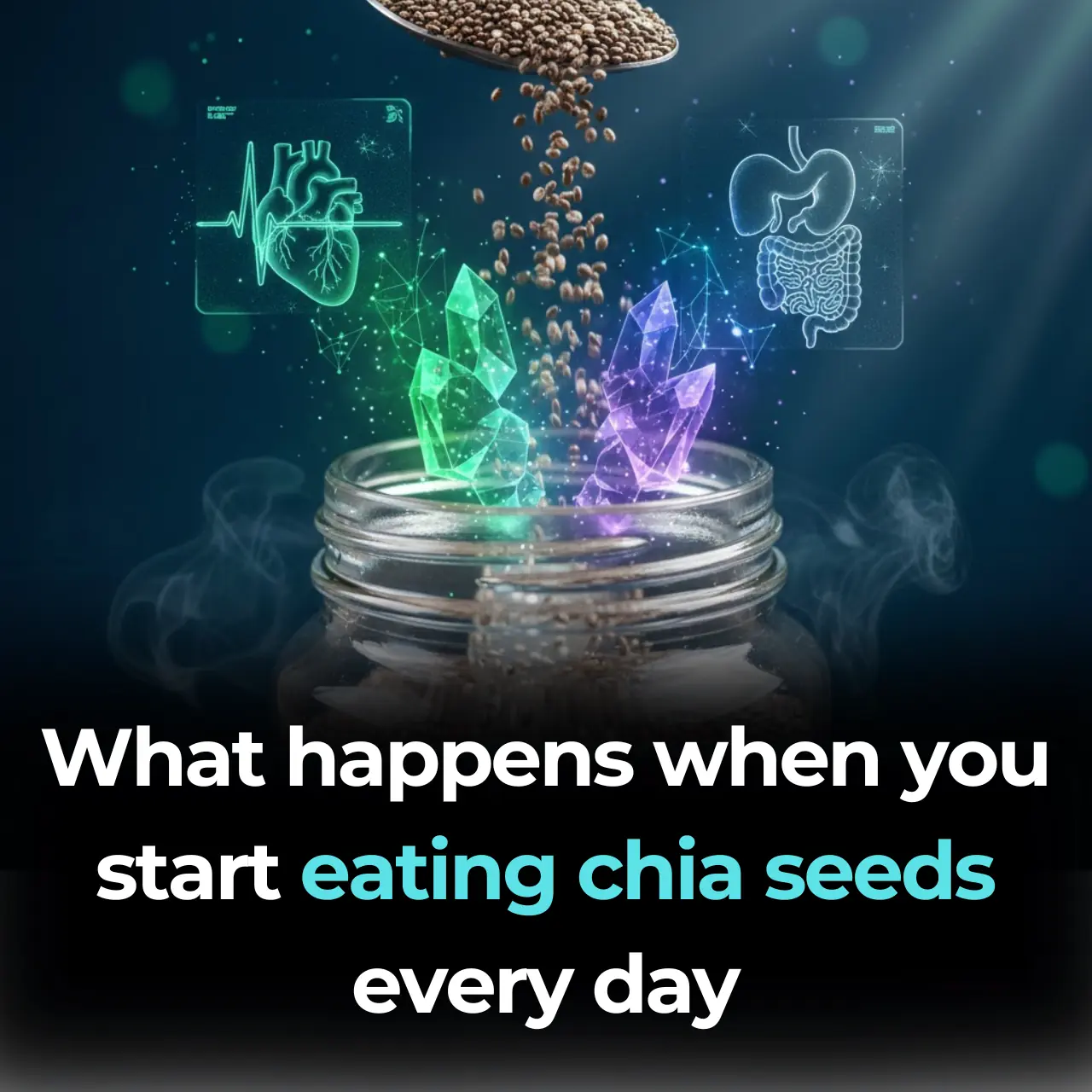
What happens when you start eating chia seeds every day
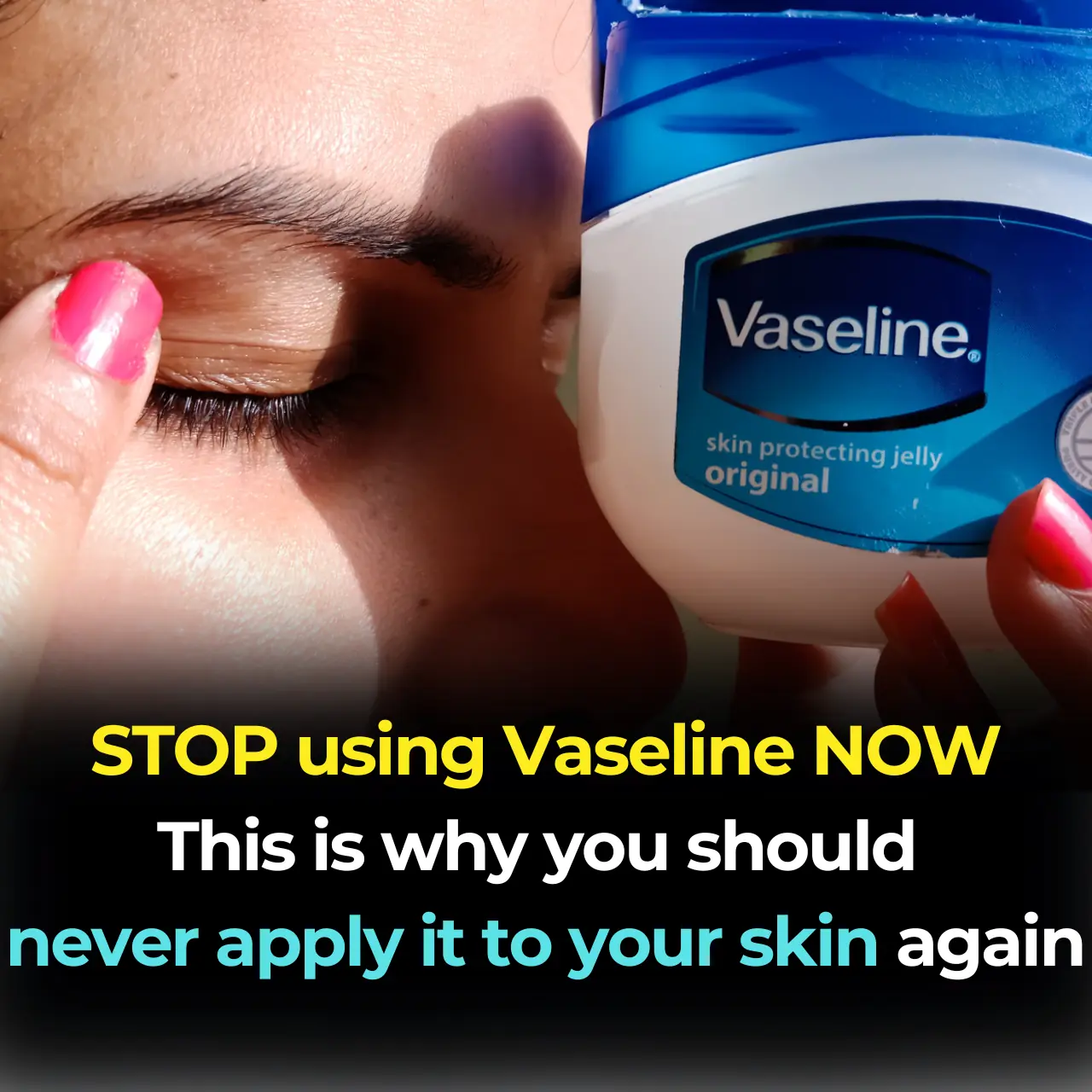
Why You Should Stop Using Petroleum Jelly On Your Skin (It’s a Byproduct of the Petroleum Manufacturing Process)
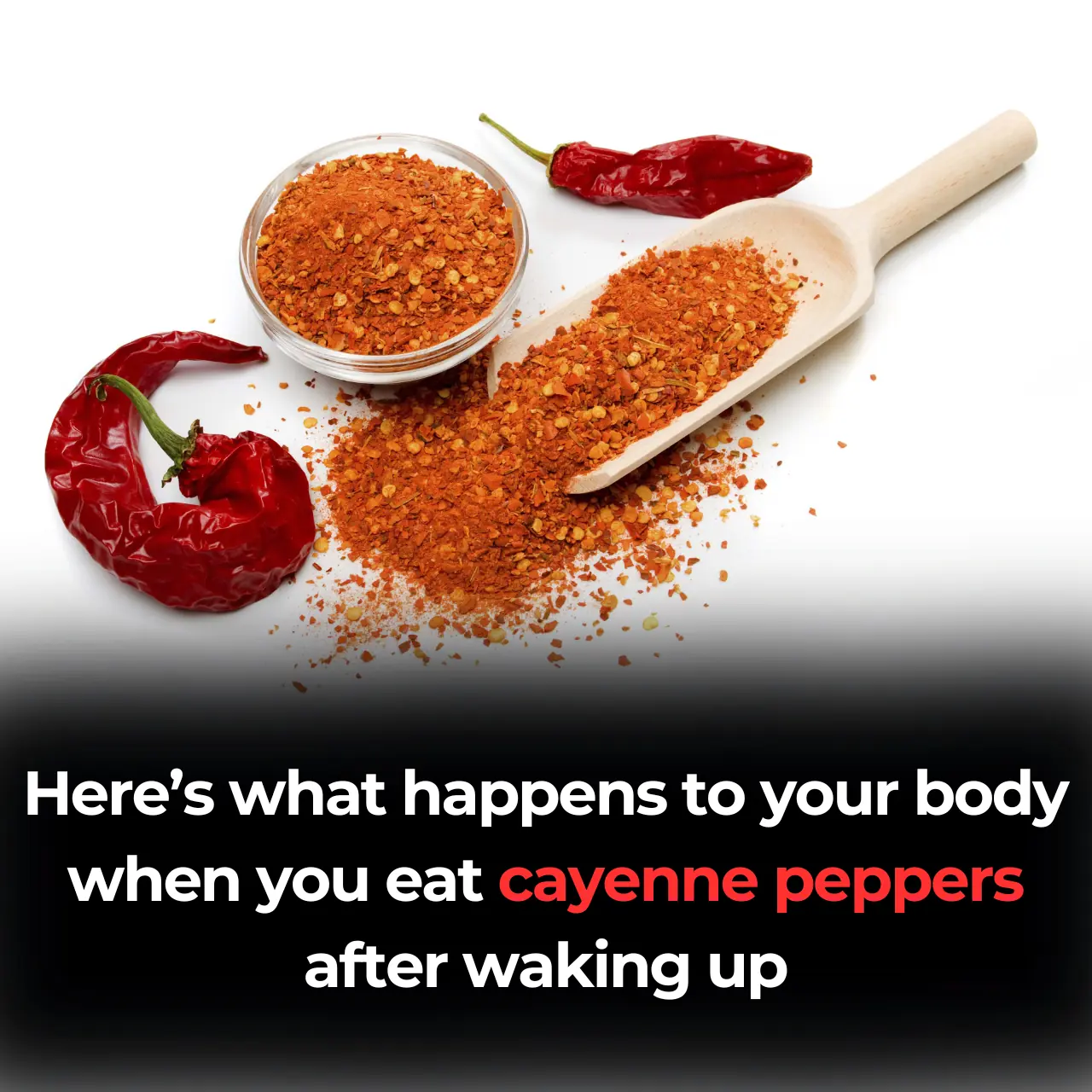
Scientifically Proven Health Benefits of Cayenne Pepper
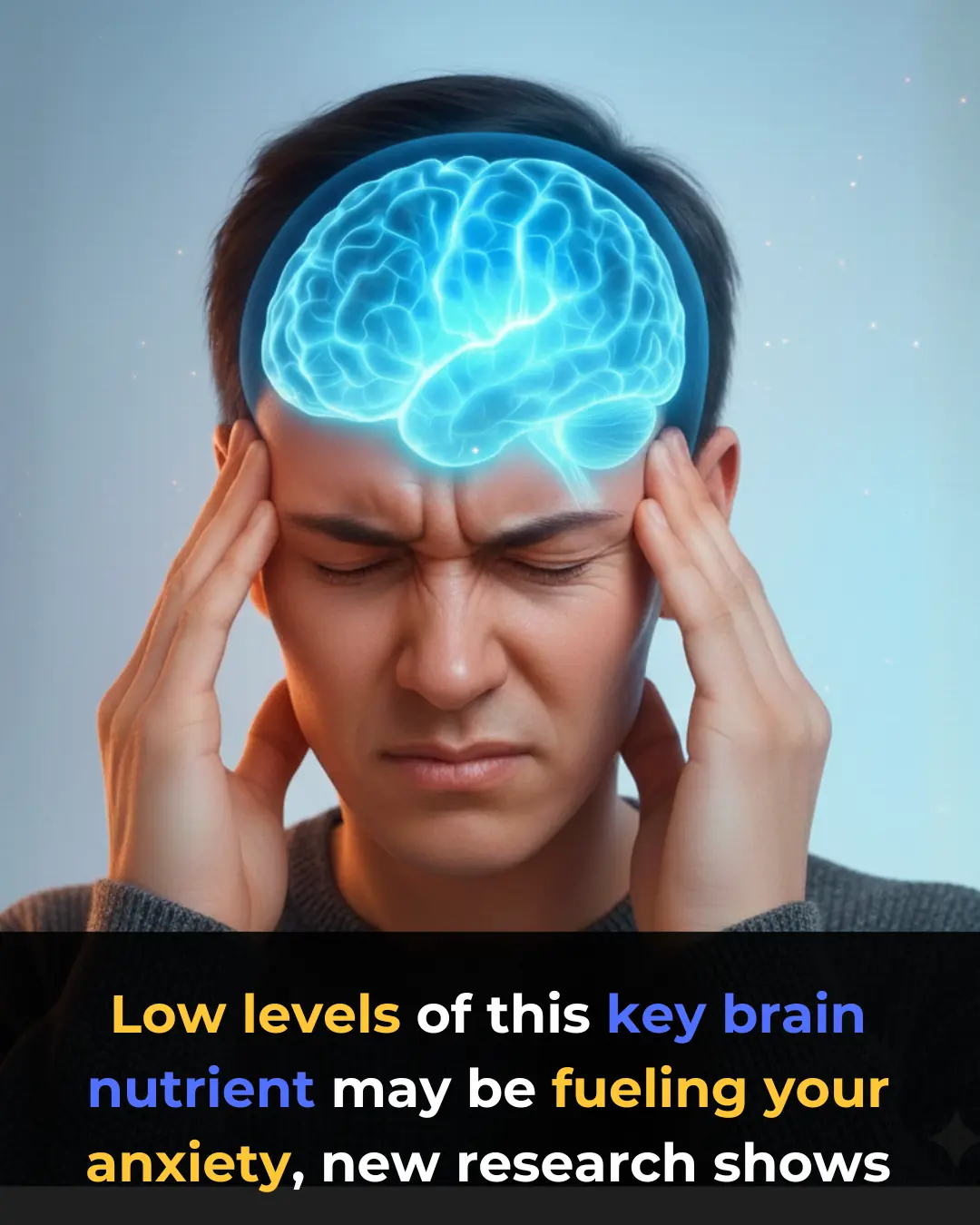
Low levels of this key brain nutrient may be fueling your anxiety

A Nurse Who Has Witnessed The Final Moments Of More Than 300 People Has Revealed What She Has Learned From Being By Their Side
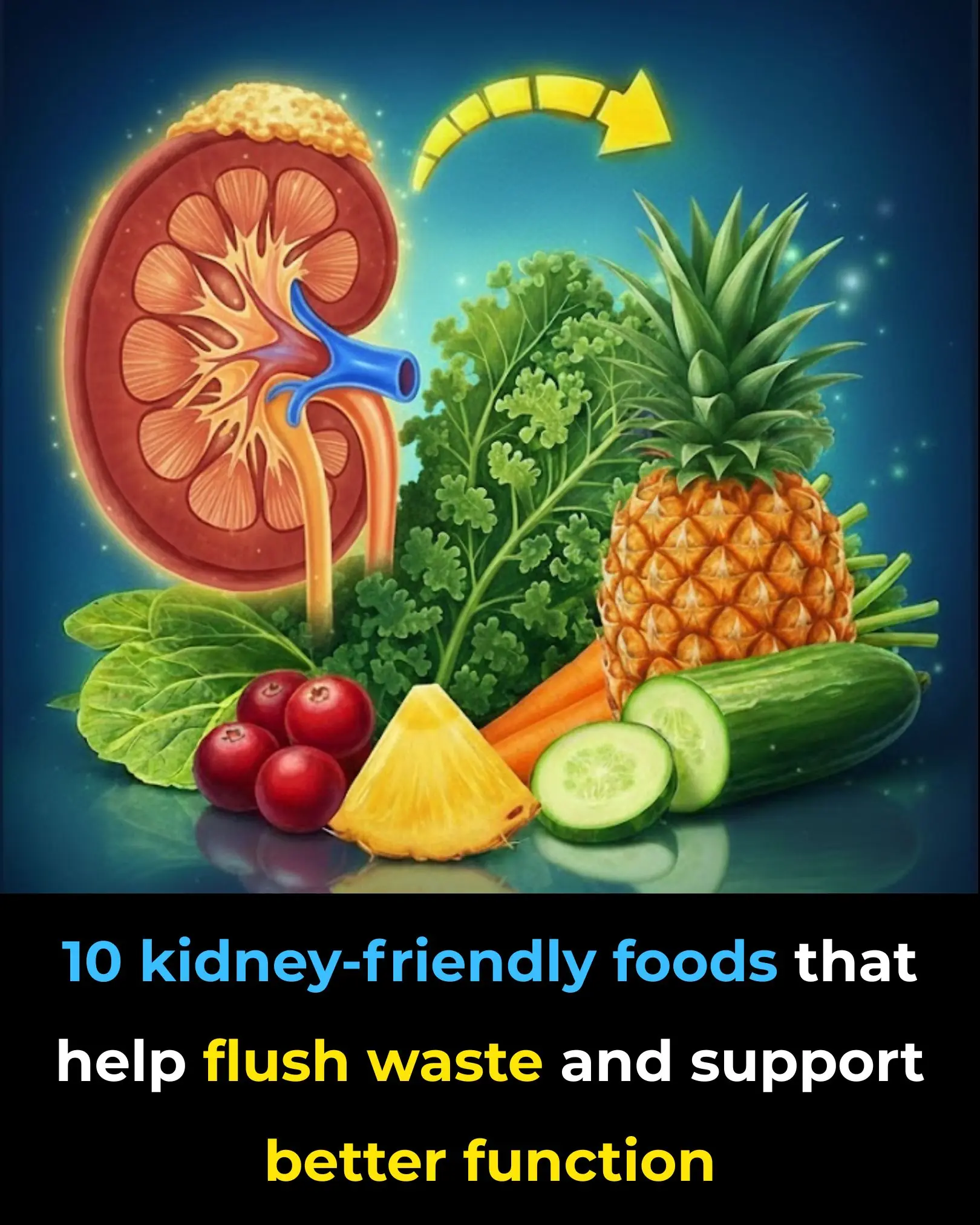
Absolutely BEST Foods to Detox Your Kidneys
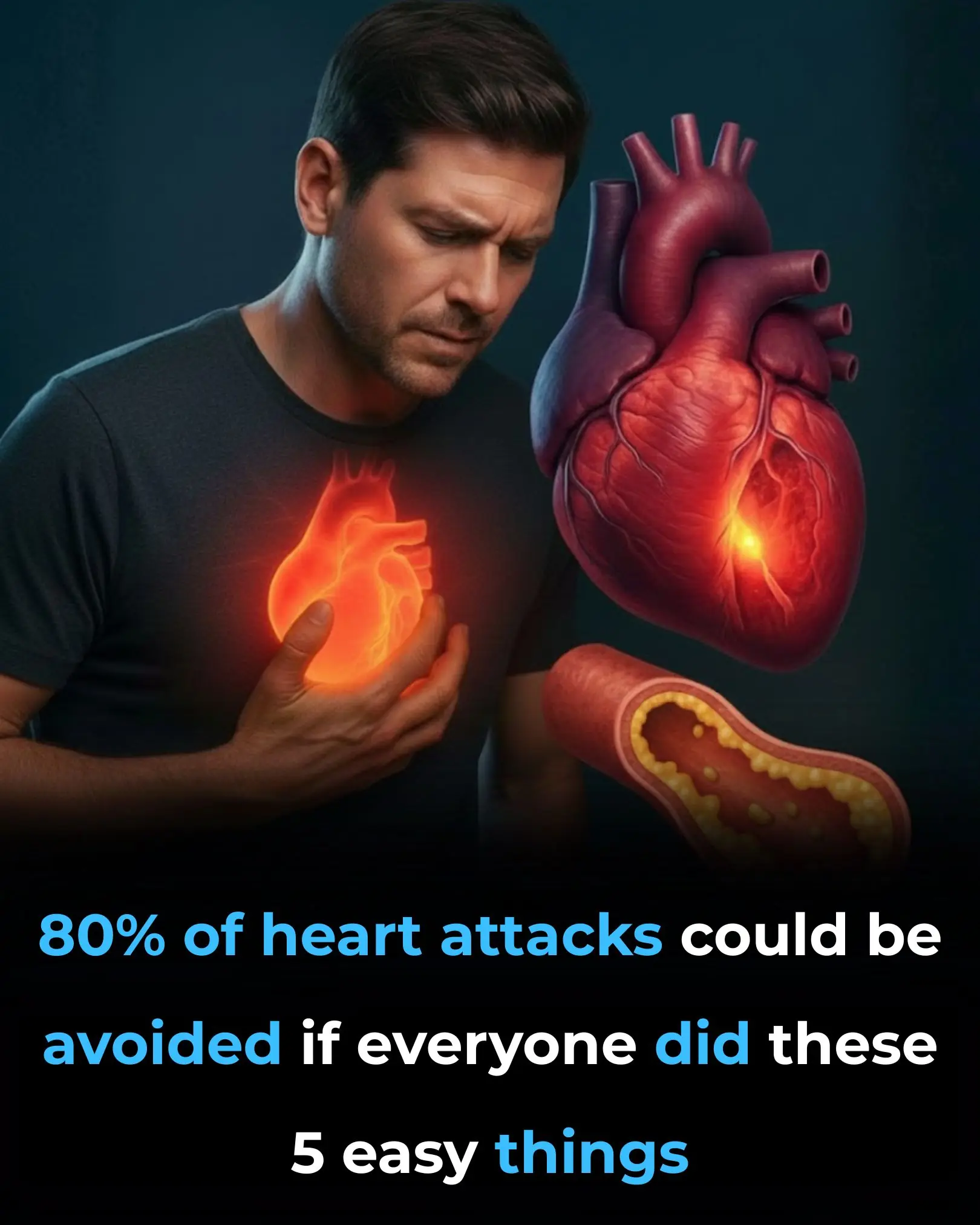
80% Of Heart Attacks Could Be Avoided If Everyone Did These 5 Easy Things
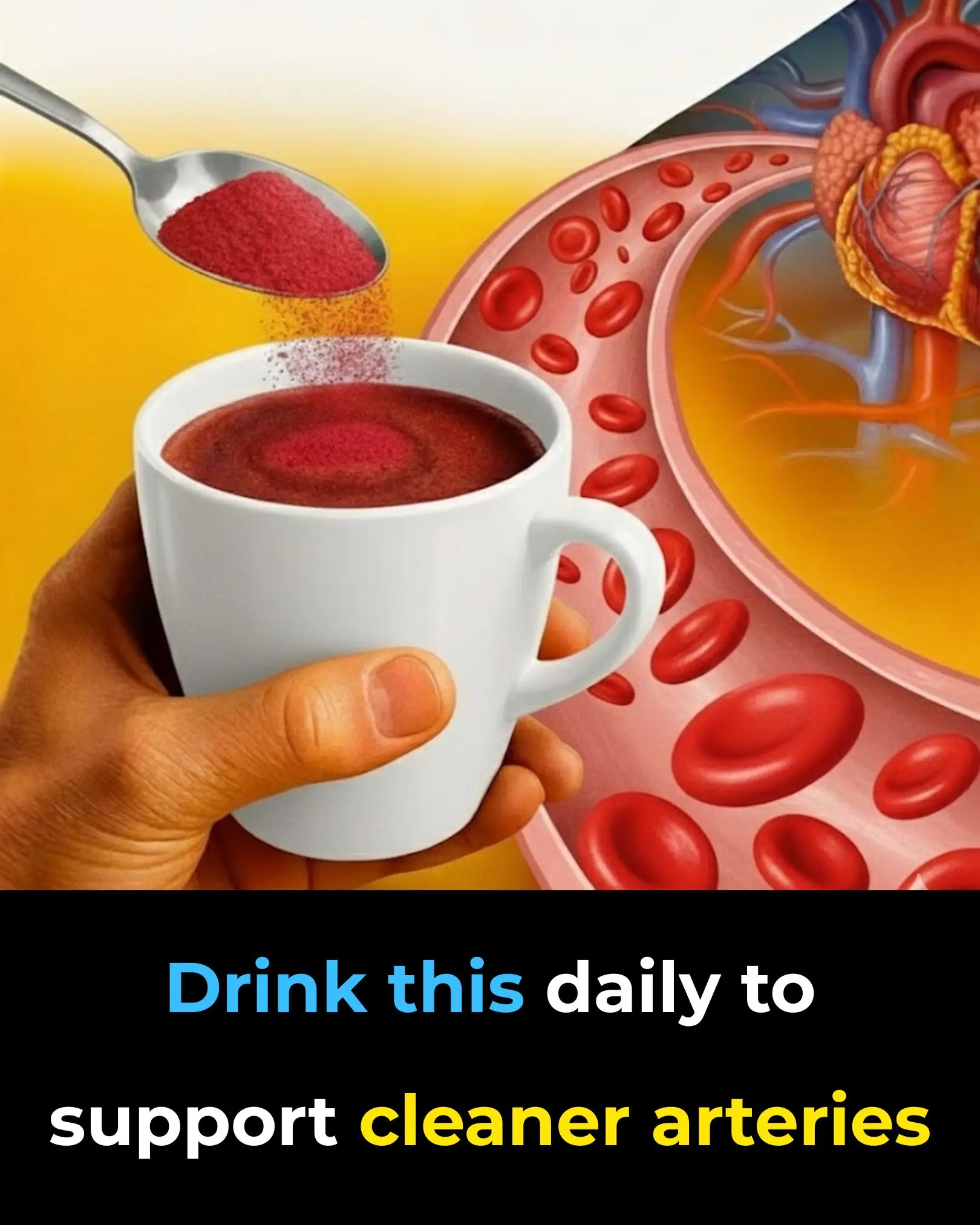
Drink this daily to support cleaner arteries
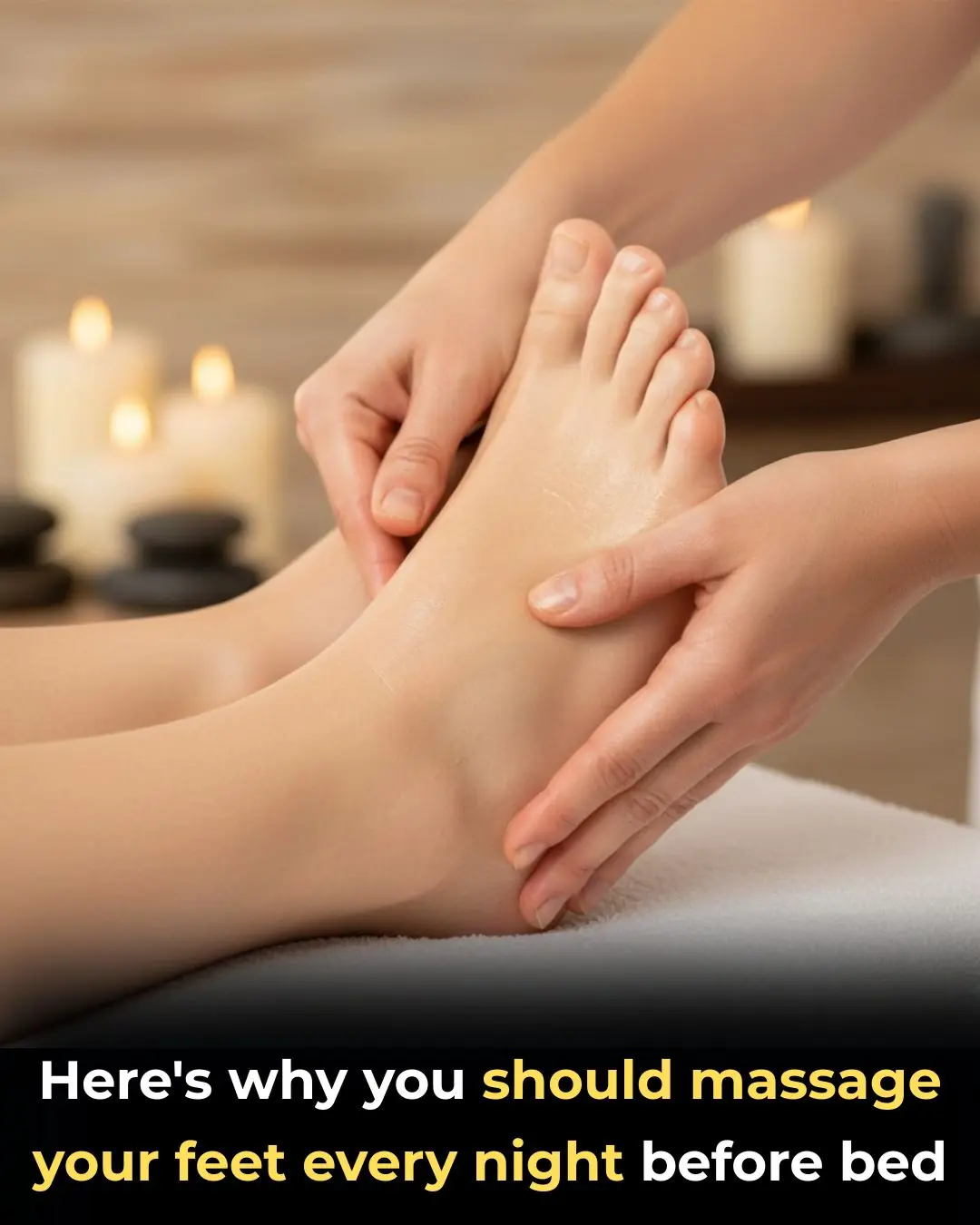
The Surprising Benefits of Foot Massages …More Than Just Relaxation
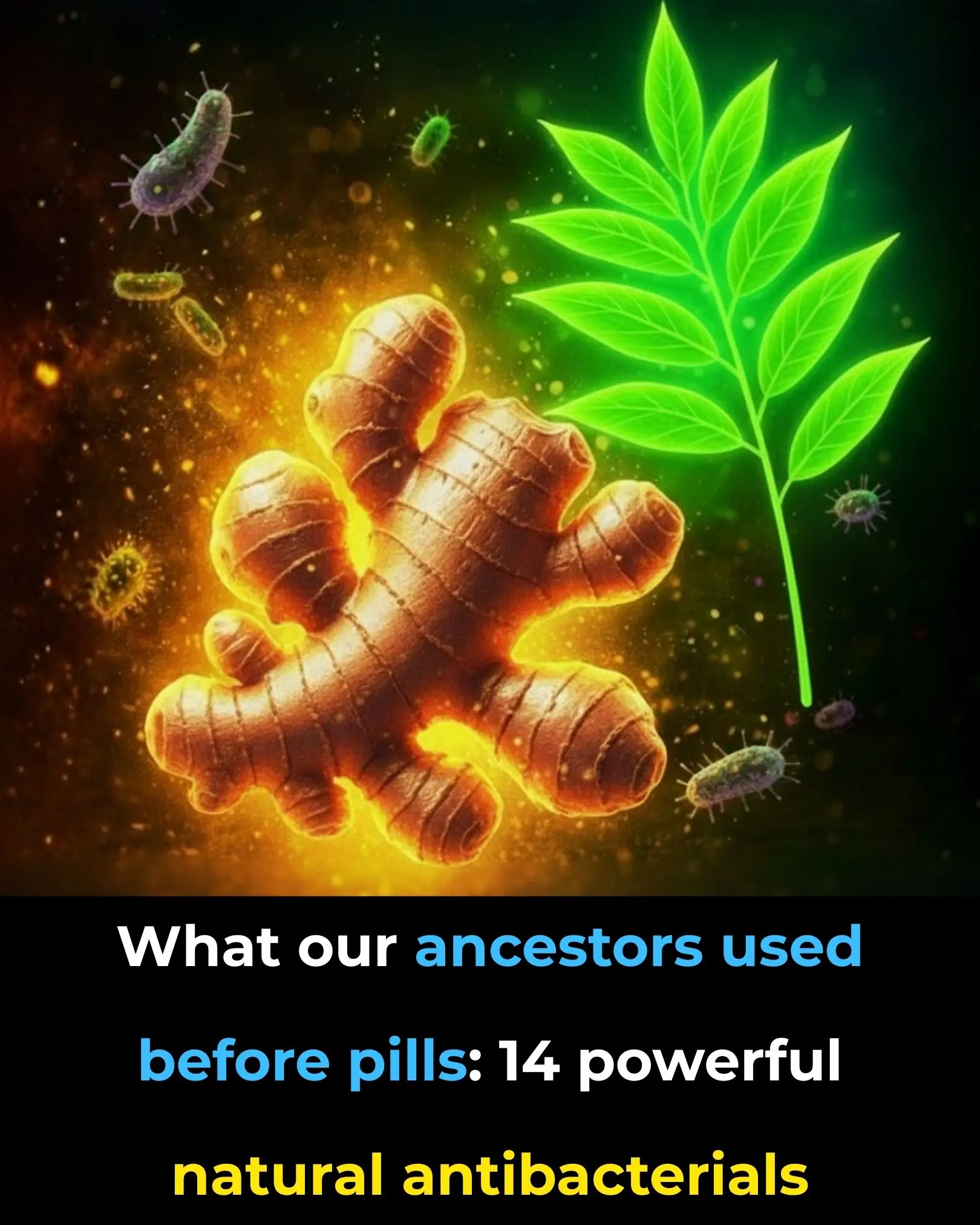
14 Best Natural Antibiotics Our Ancestors Used Instead of Pills
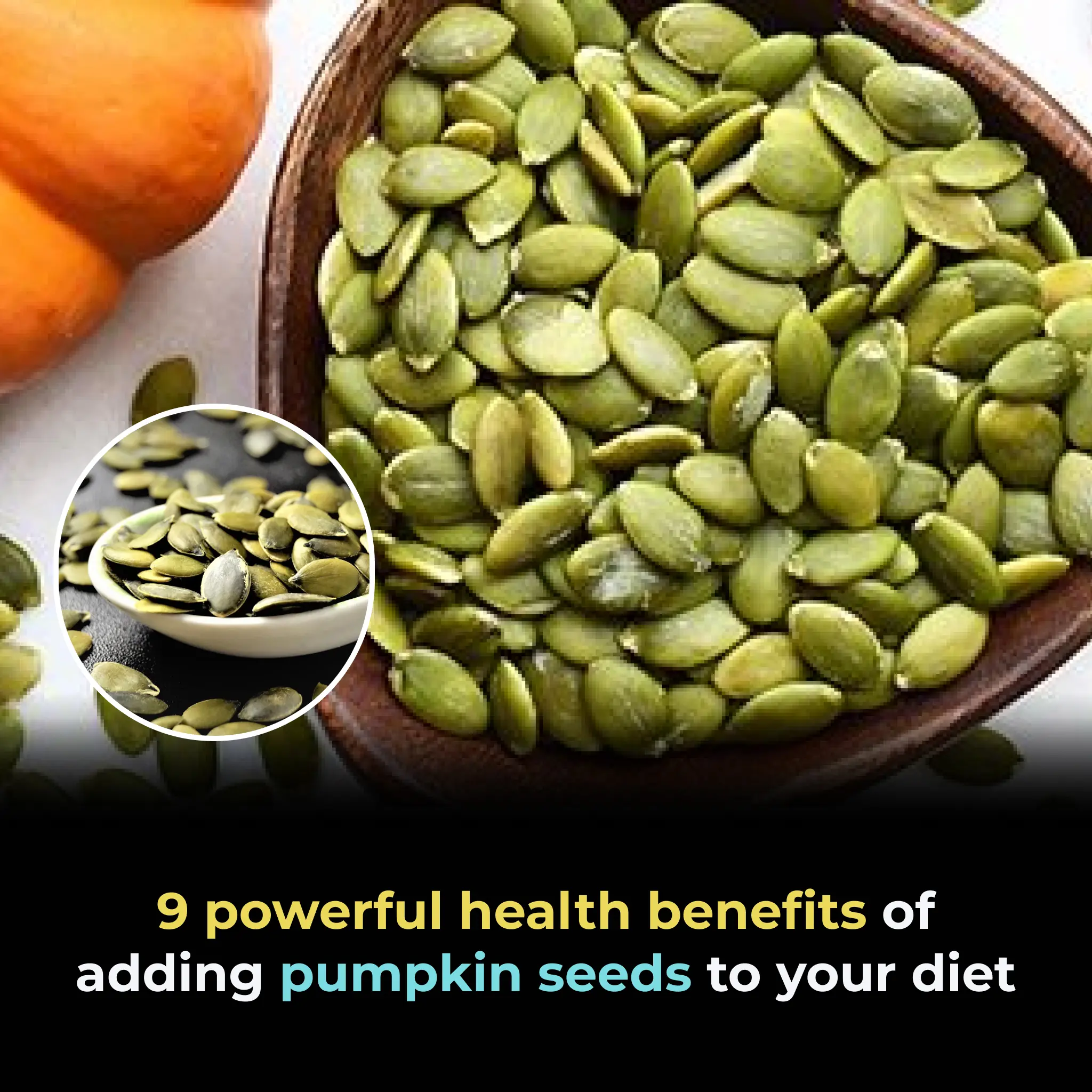
9 POWERFUL Health Benefits of Adding Pumpkin Seeds to Your Diet
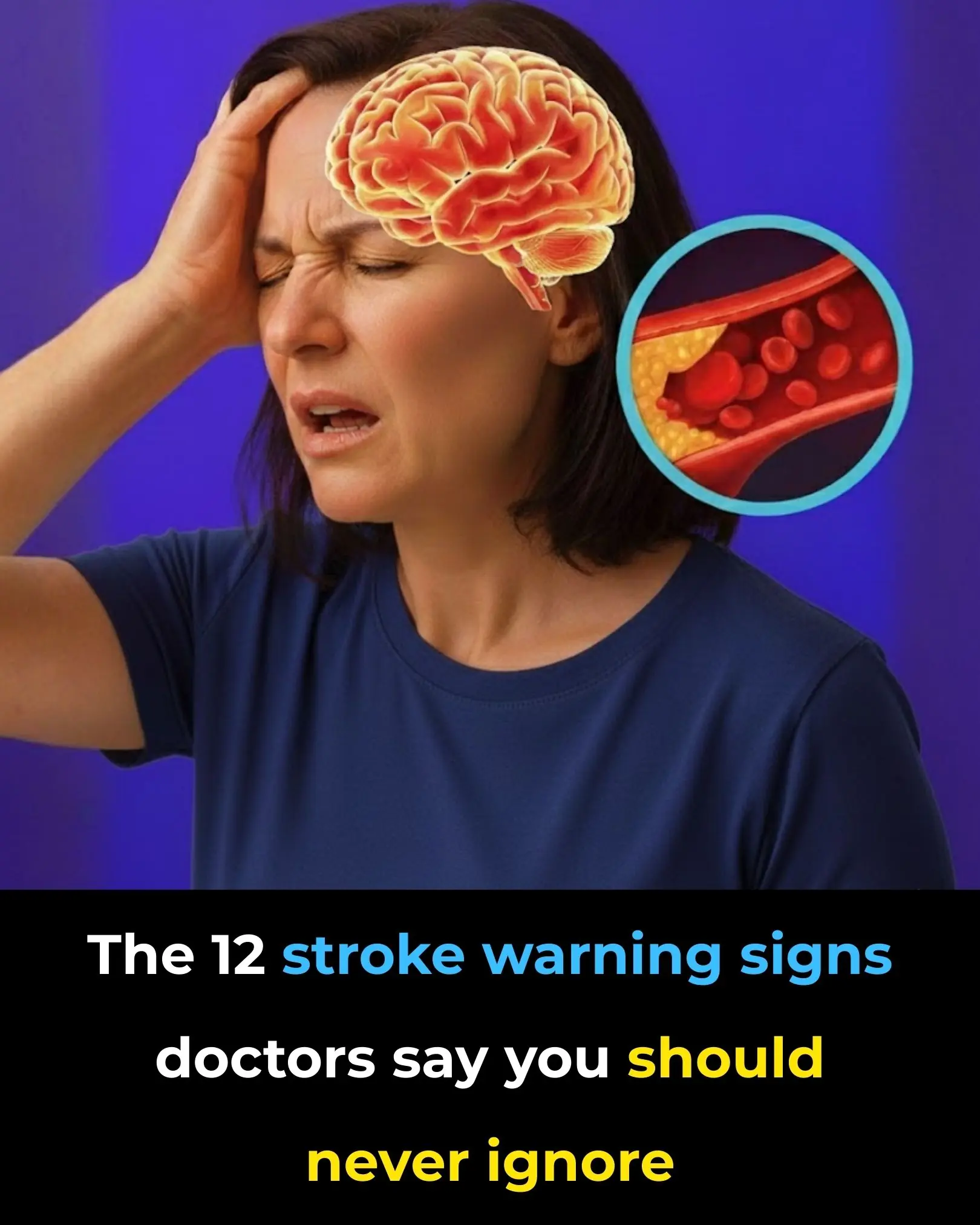
Knowing These 12 Symptoms of a Stroke Can Save Your Life

6 fruits that help your body fight cancer cells naturally
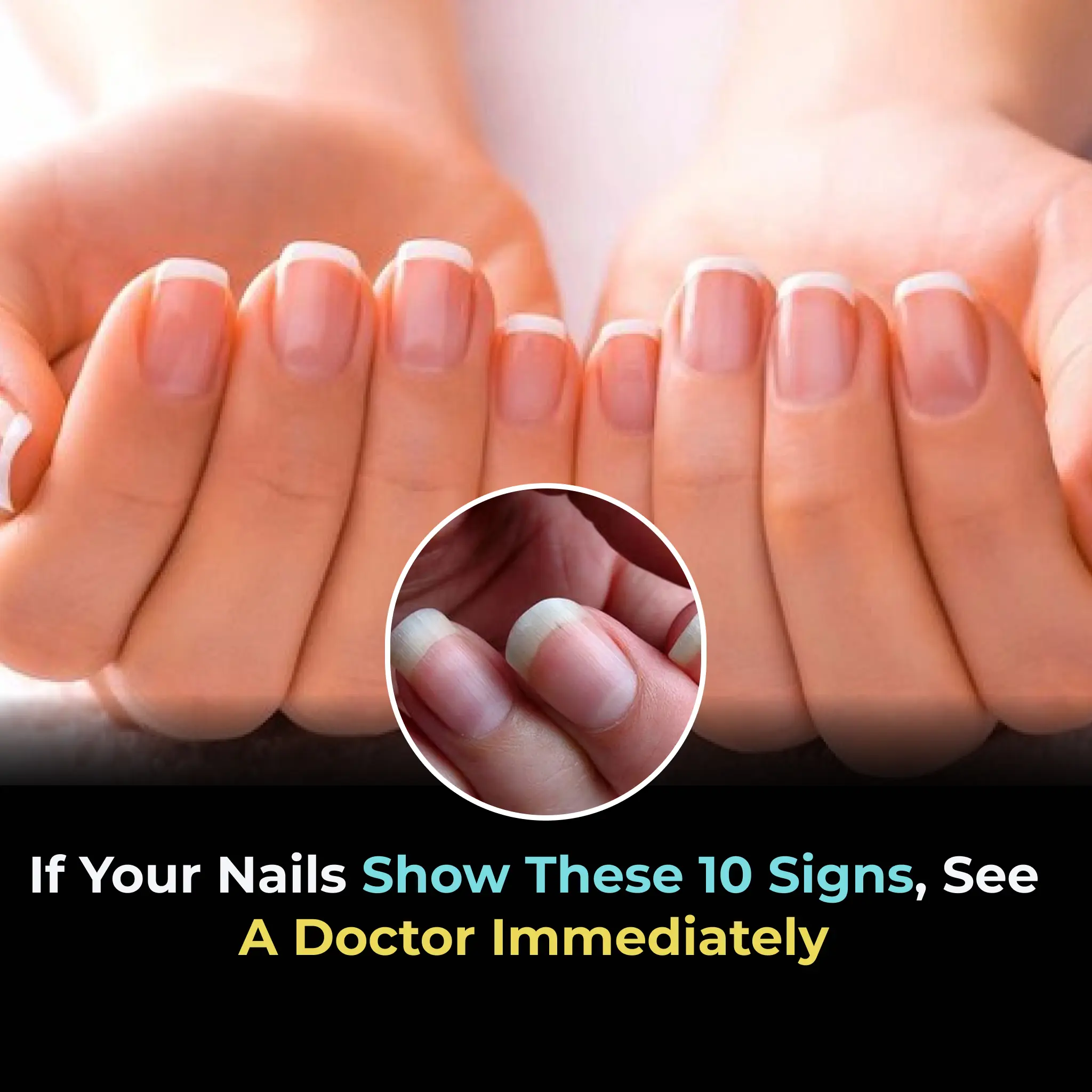
If Your Nails Show These 10 Signs, See a Doctor Immediately
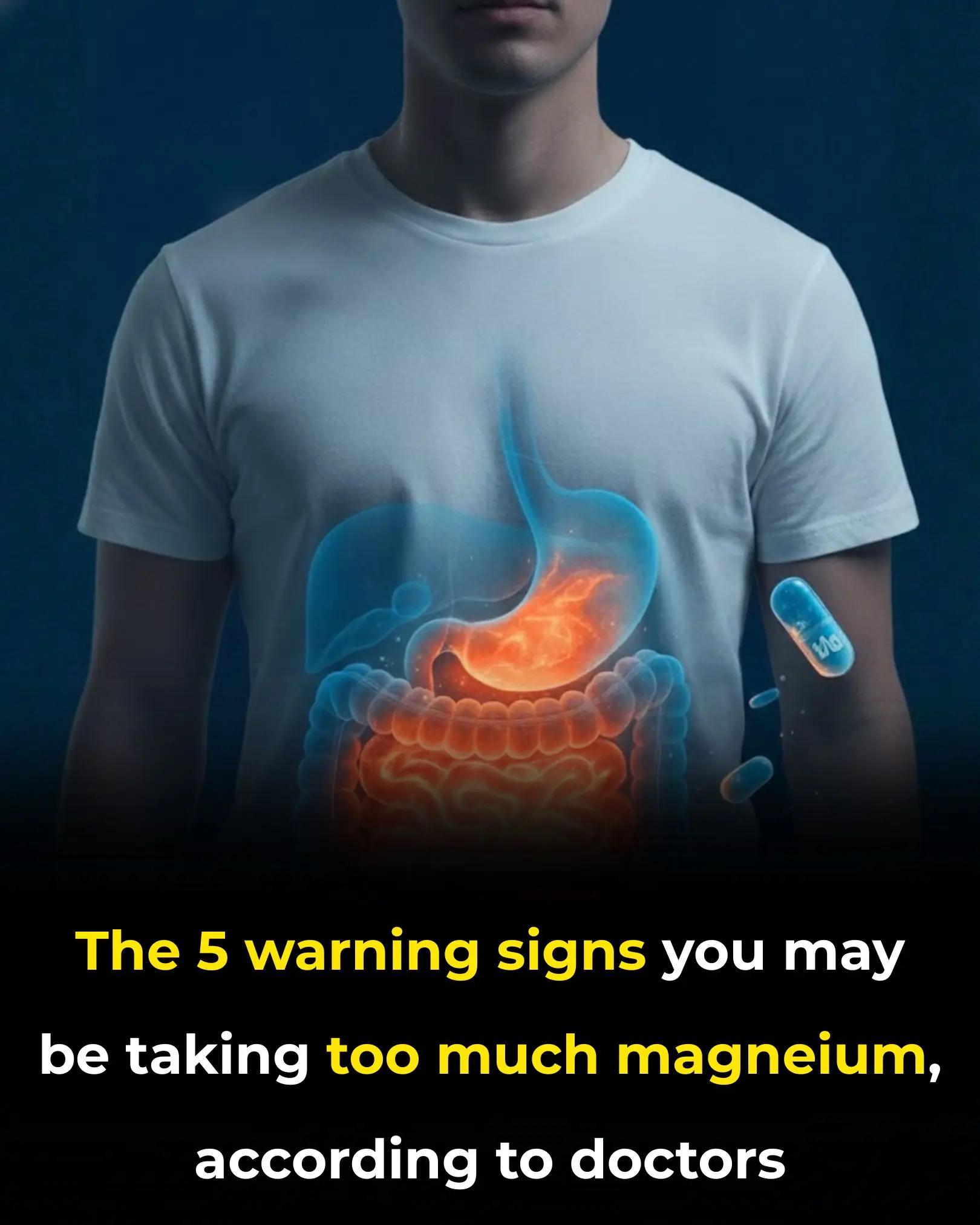
The 5 warning signs you may be taking too much magnesium, according to doctors
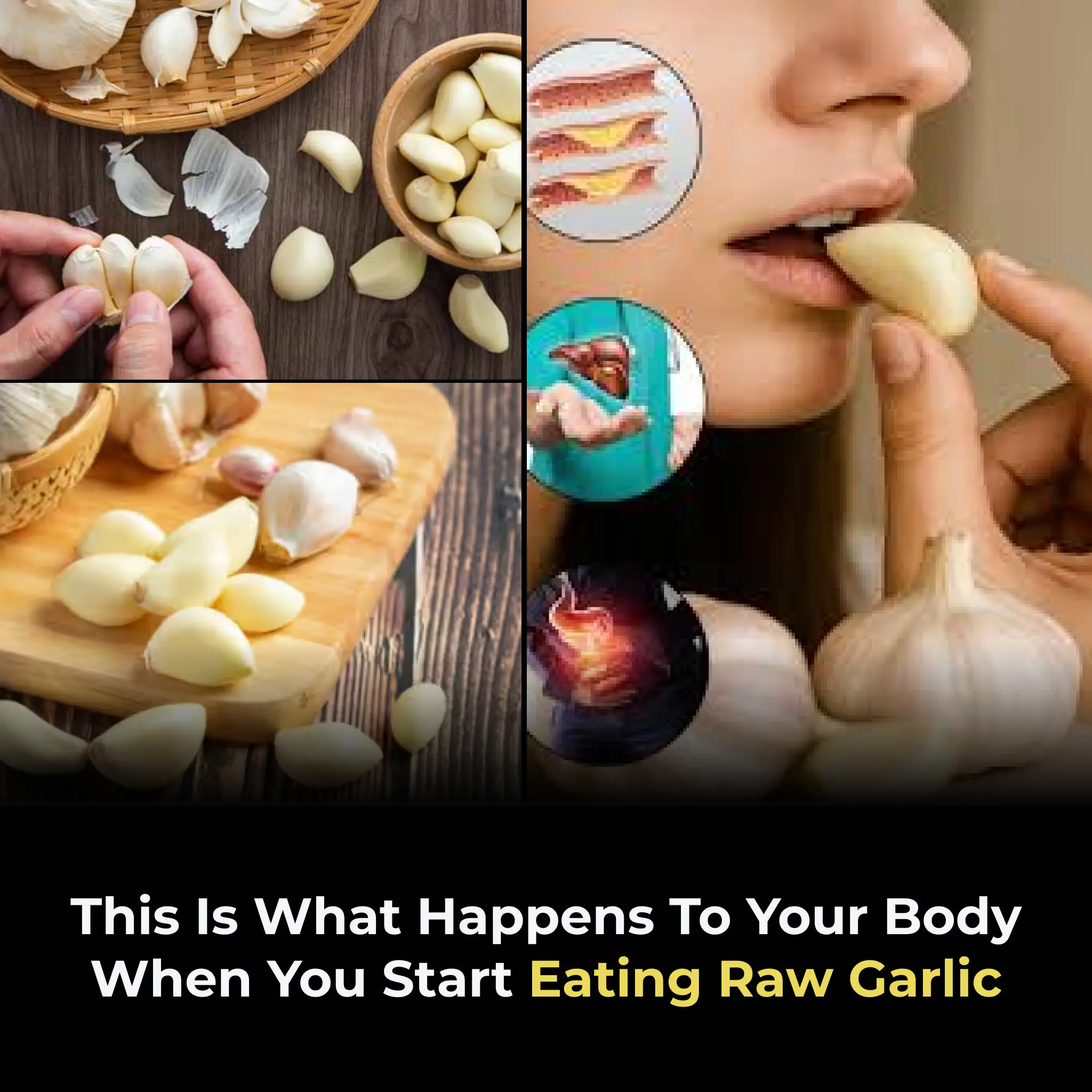
This Is What Happens to Your Body When You Start Eating Raw Garlic
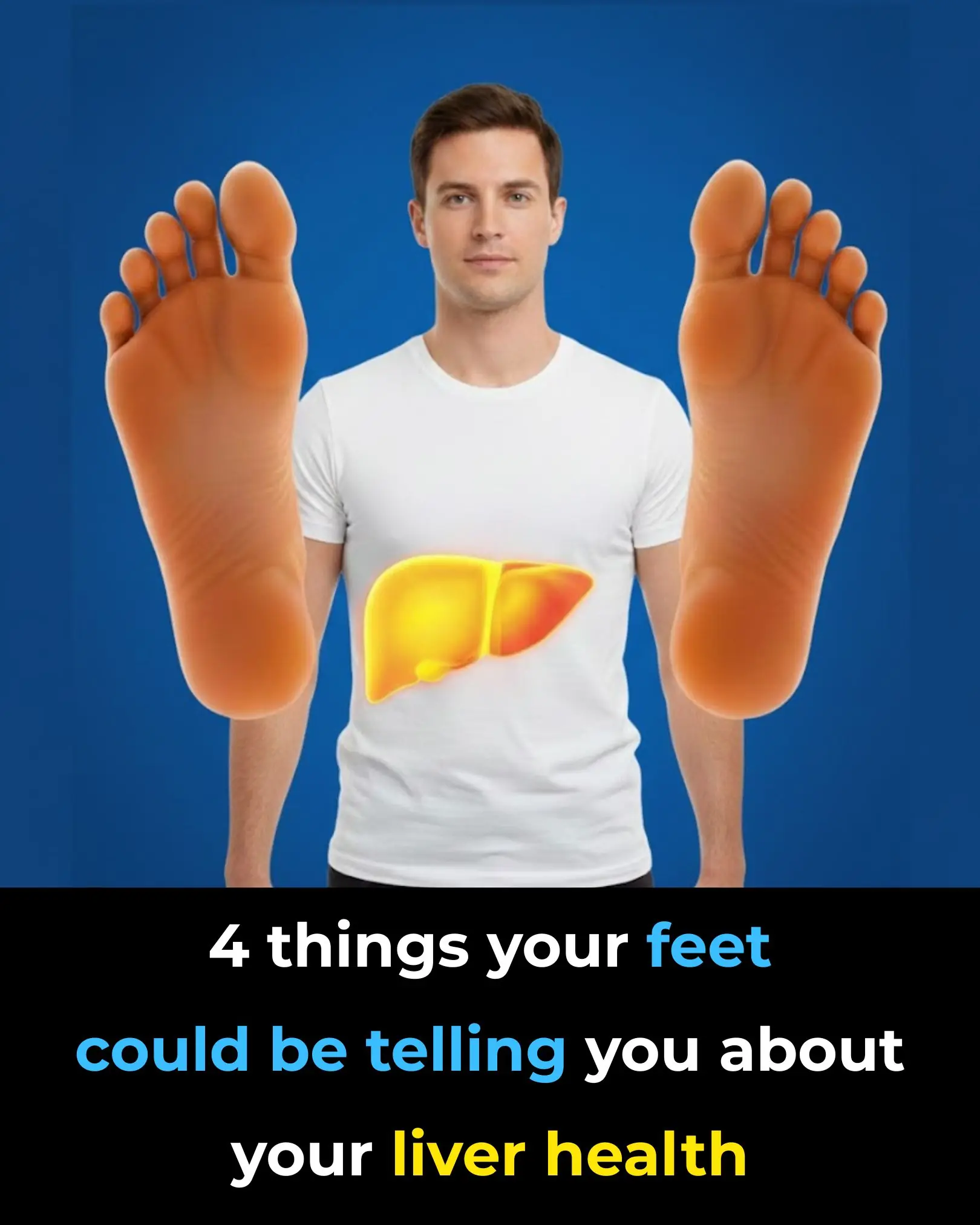
4 Things Your Feet Could Be Telling You About Your Liver Health
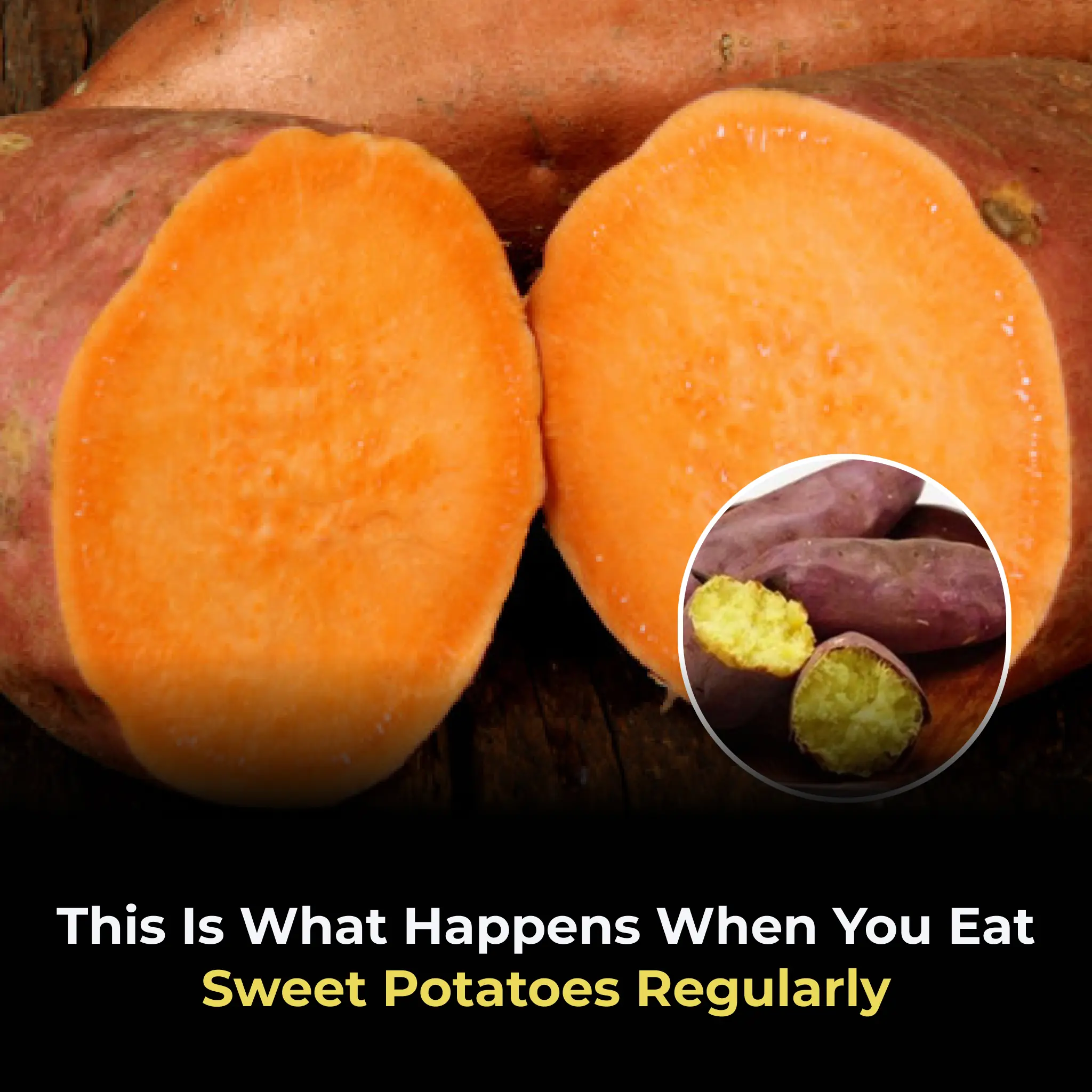
This Is What Happens When You Eat Sweet Potatoes Regularly
News Post

DIY Vaseline Cream: The 4-Ingredient Glow Hack That Makes Your Skin Baby-Soft Overnight

DIY Fenugreek Hair Masks for Hair Growth & Reducing Hair Fall

Will Americans Receive $2,000 Stimulus Checks? What You Need to Know

Revolutionary Miniature Implant Offers New Hope for Restoring Vision in Macular Degeneration Patients

A Simple Superfood That Enhances Your Baby's Brain Development During Pregnancy

Why Some Children Don’t Visit Their Parents Often
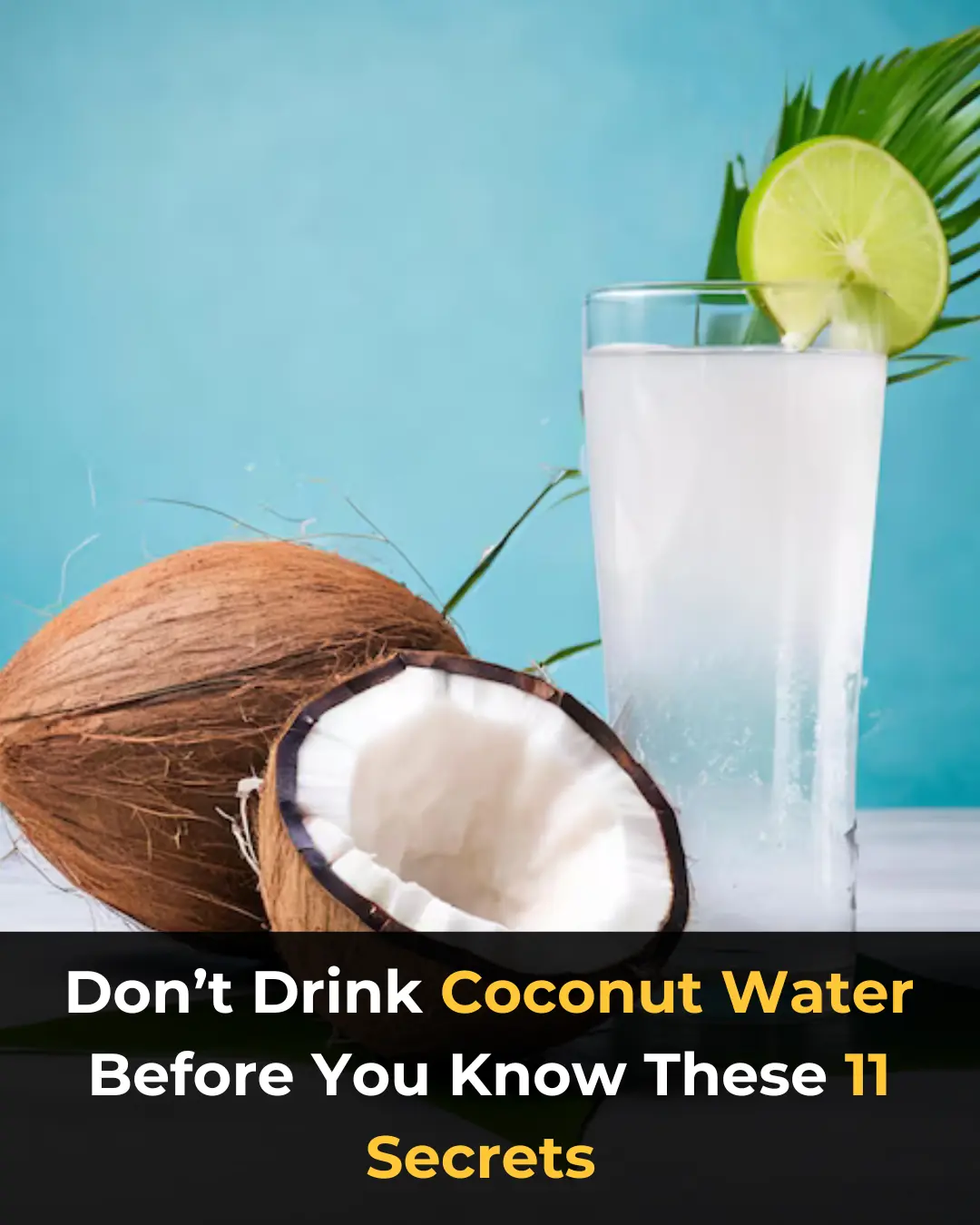
Don’t Drink Coconut Water Before You Know These 11 Secrets!

The #1 habit that’s destroying muscle in older adults—are you doing this?
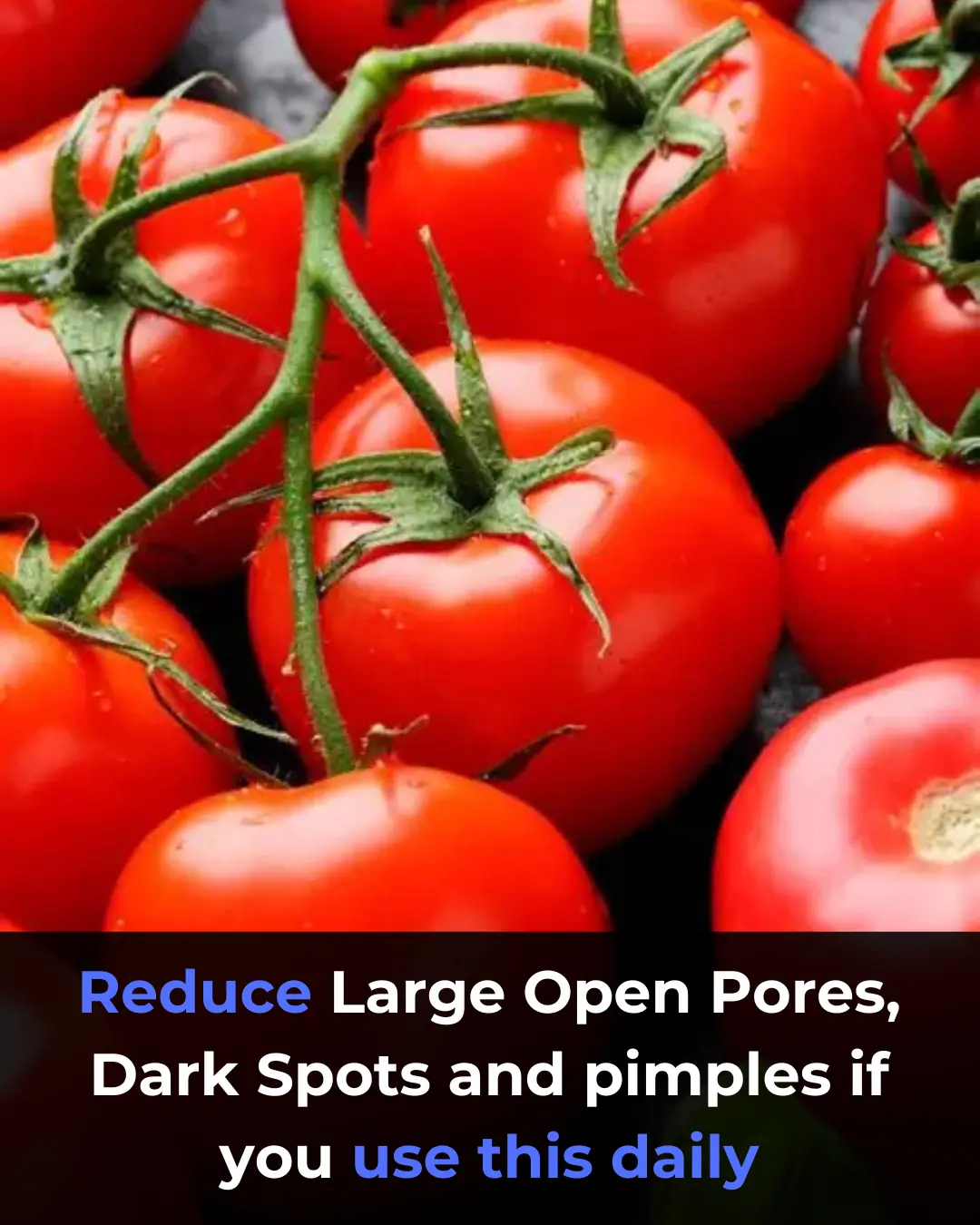
Tomato Benefits for Skin – How Tomato Slices Can Transform Your Skin Naturally

This Plant Is Tastier Than Meat! 8 Reasons to Keep It in Your Garden

Walnuts Feed Your Microbiome: The Small Superfood That Transforms Your Gut and Your Mood
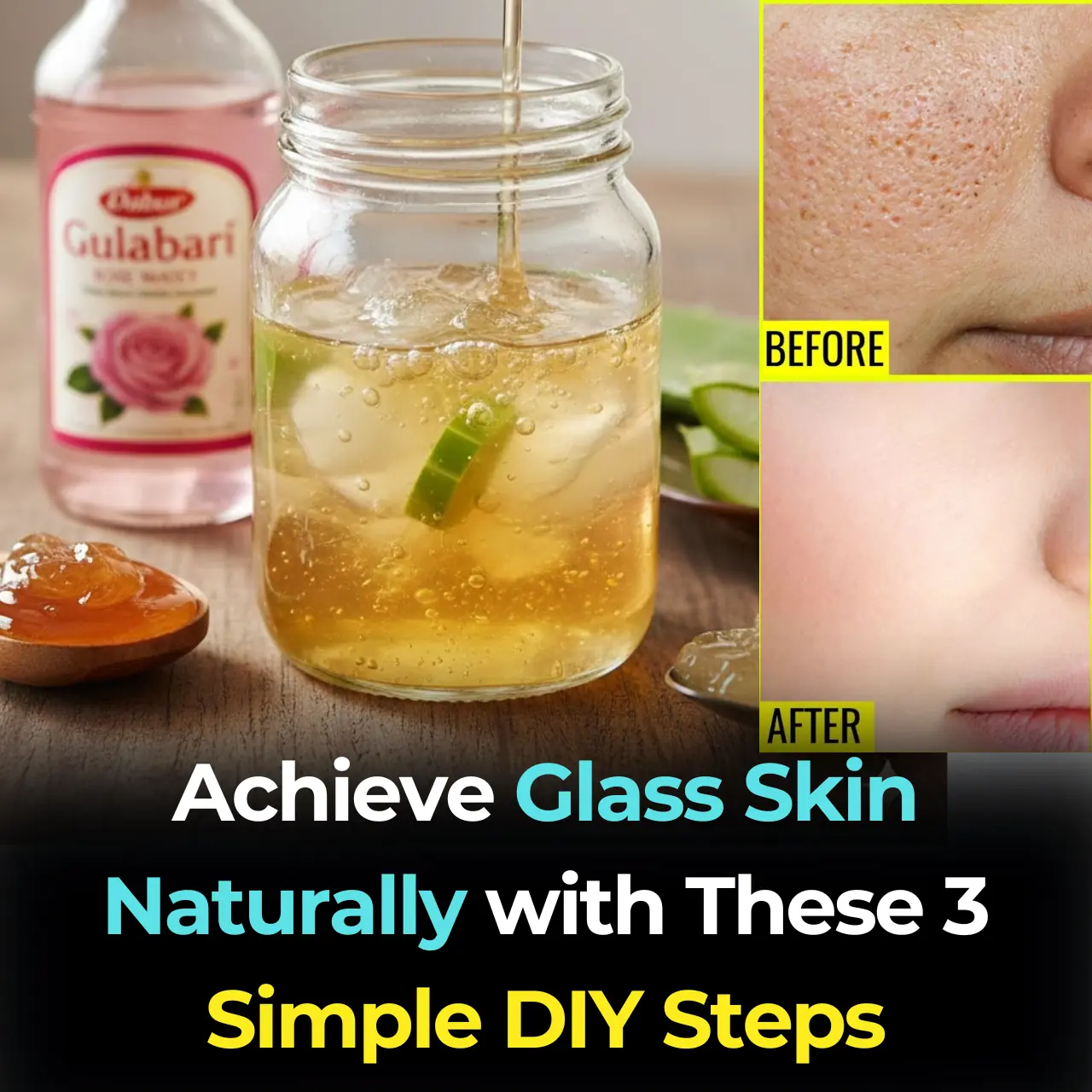
3 Steps Skin Care To Get Dewy Glass Skin

What happens when you start eating chia seeds every day

Why You Should Stop Using Petroleum Jelly On Your Skin (It’s a Byproduct of the Petroleum Manufacturing Process)

Air Conditioner Blowing Only Air but Not Cooling? Here’s How to Fix It Without Calling a Technician
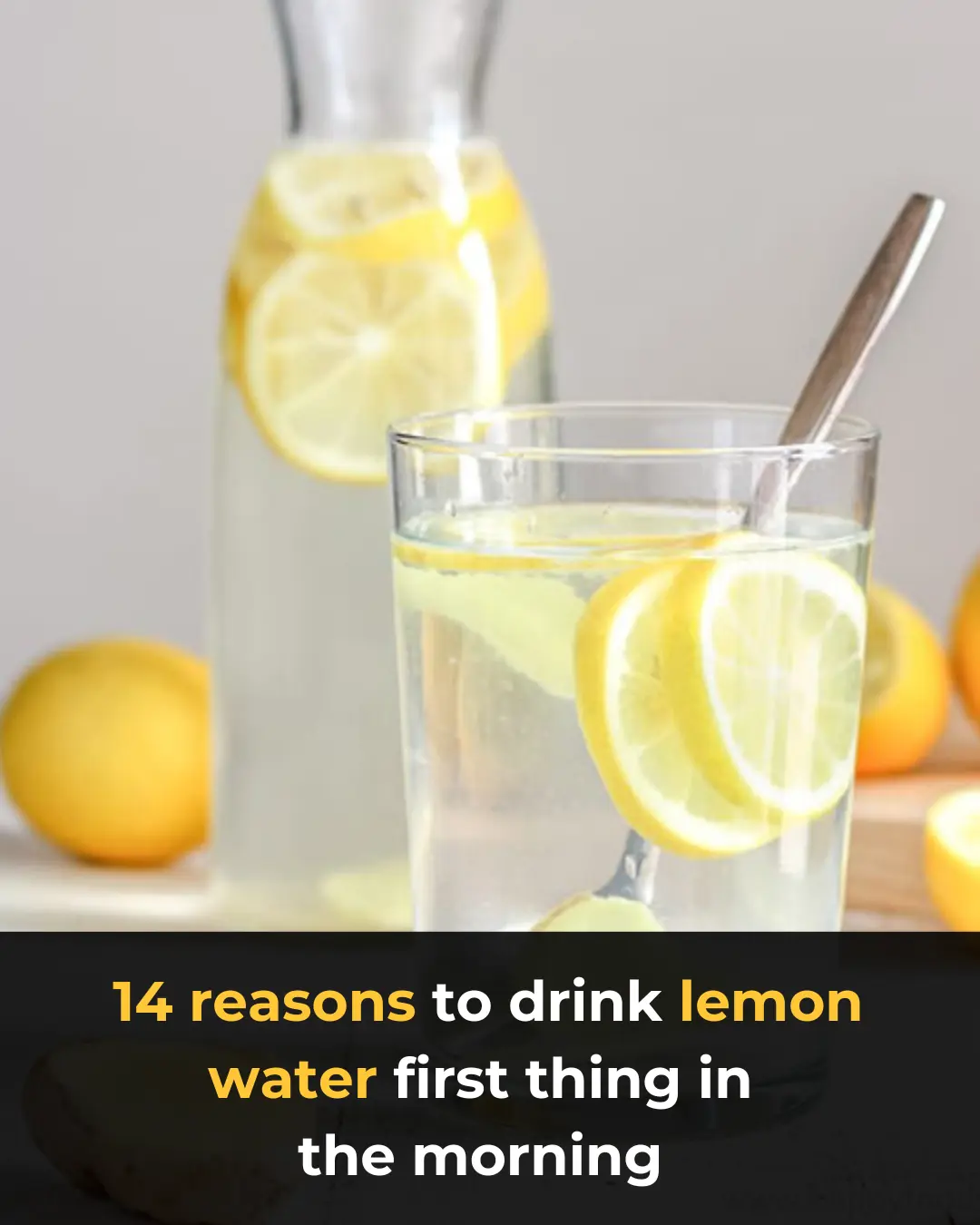
14 Reasons to Drink Lemon Water First Thing in the Morning
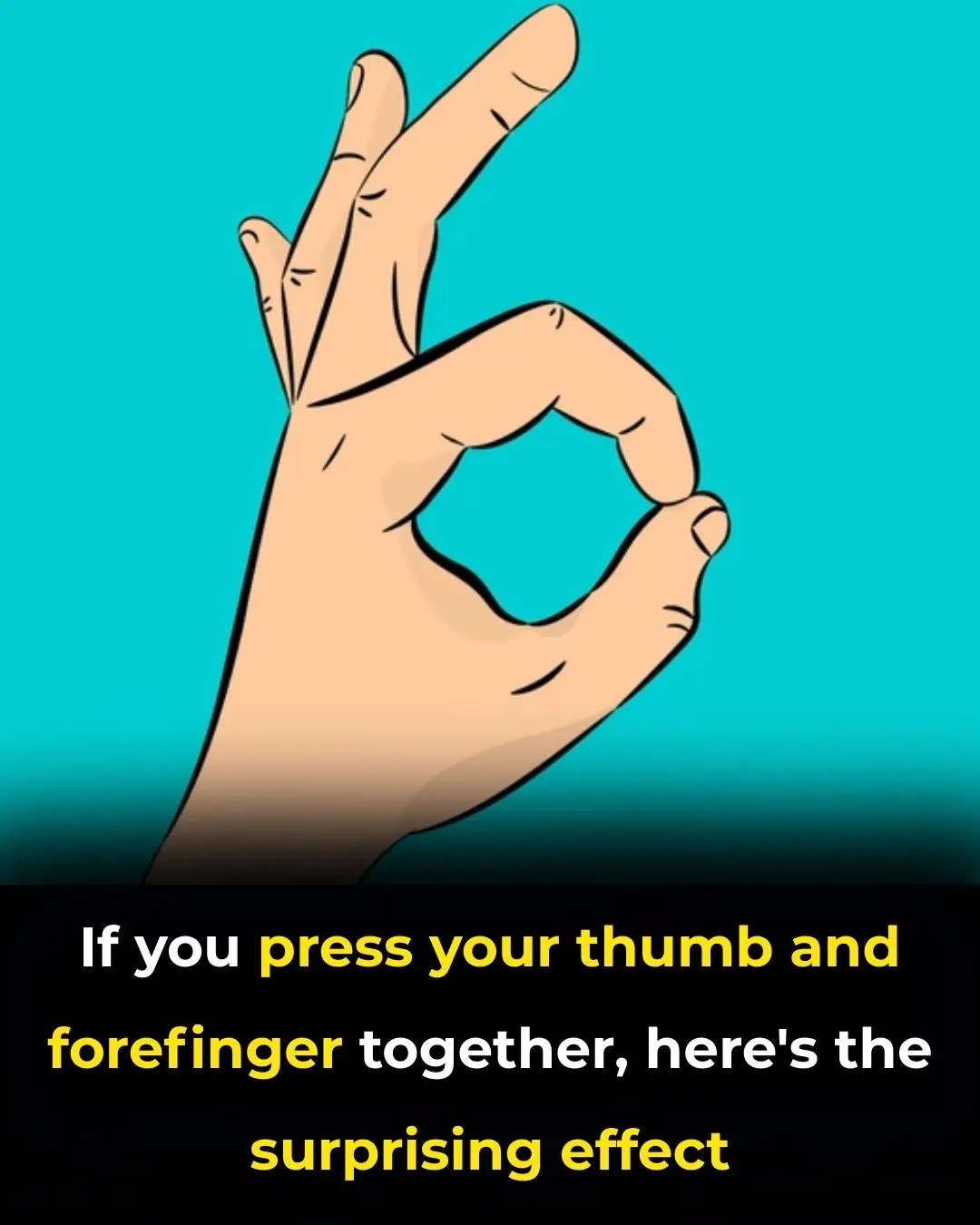
Had no clue about this

Scientifically Proven Health Benefits of Cayenne Pepper
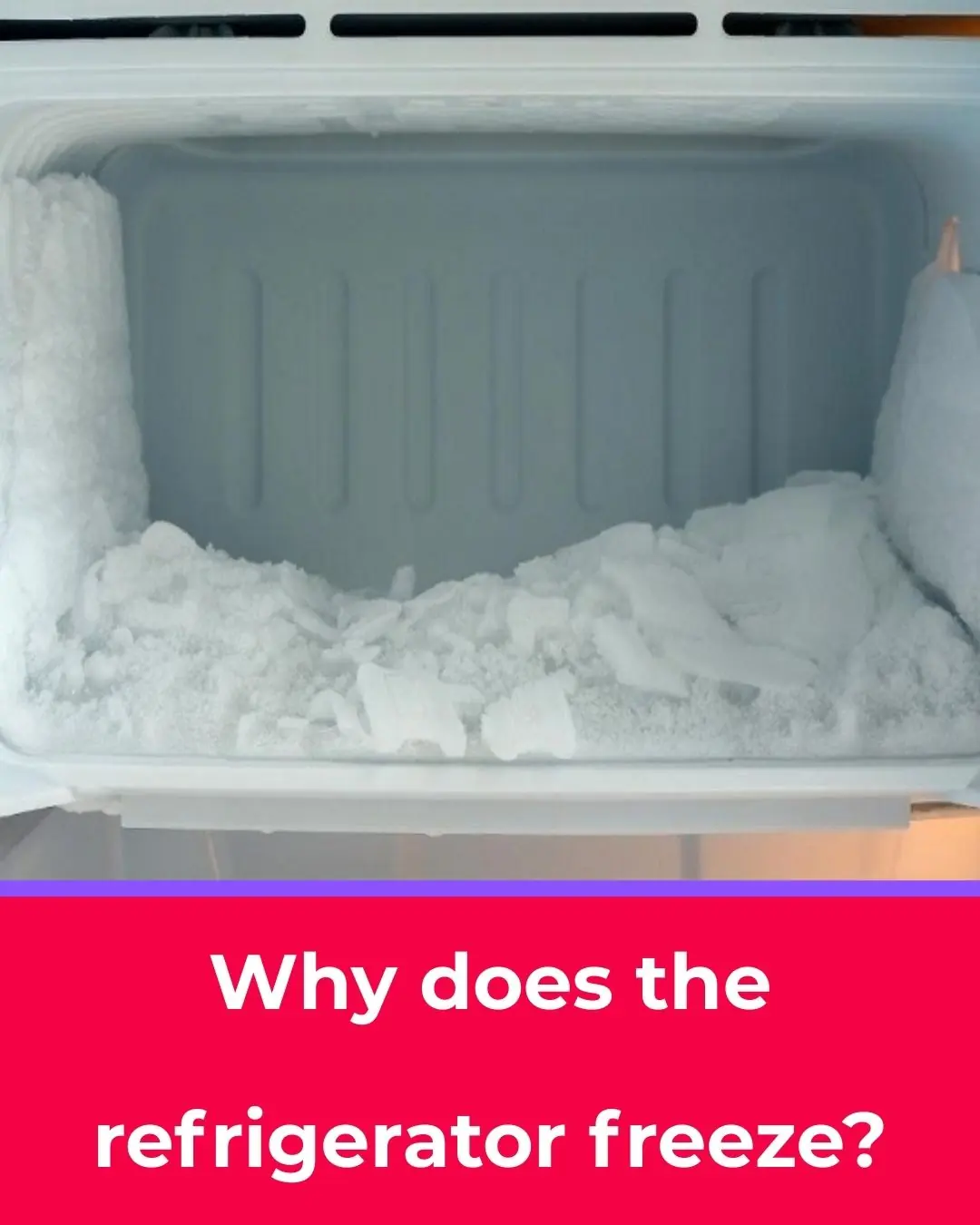
Why Does Your Refrigerator Frost Over and Does It Increase Electricity Consumption?
